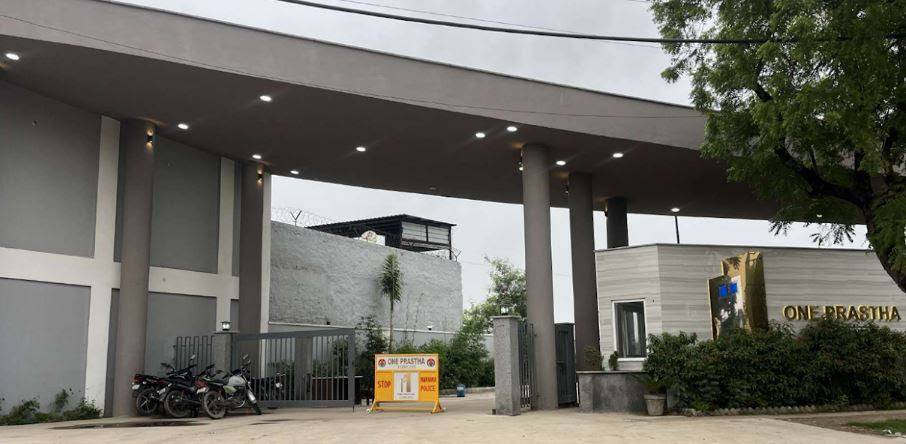In a major push for renewable energy, Hindustan Power has signed a 25-year power purchase agreement (PPA) with Uttar Pradesh Power Corporation Limited (UPPCL) for the development of a 435 MW direct current (DC) solar power project in Uttar Pradesh. This significant partnership is aligned with the state’s ambitious target of achieving 22,000 MW of renewable capacity by FY27.
The solar project was awarded to Hindustan Power through a competitive bidding process conducted in April 2025. Once operational, the project is expected to generate a substantial amount of clean energy, contributing directly to Uttar Pradesh’s decarbonization goals while supporting its growing electricity demands.
According to Ratul Puri, Chairman of Hindustan Power, the company is advancing rapidly on project preparations, including site development, stakeholder coordination, and resource mobilization. He emphasized that this project reinforces the company’s ongoing commitment to India’s energy transition and the broader goal of sustainable growth.
The new solar facility will not only boost renewable energy availability in the region but is also poised to generate employment opportunities, drive local infrastructure development, and support environmental sustainability. Hindustan Power has reiterated its focus on maintaining quality standards and timely execution for the benefit of both stakeholders and end consumers.
This PPA is a notable addition to Hindustan Power’s portfolio as the company continues to expand its footprint in renewable and transitional energy segments. With a growing pipeline of solar and clean energy projects across multiple states, Hindustan Power is cementing its role as a key player in India’s clean energy mission.
The Uttar Pradesh government has been actively encouraging public-private partnerships in renewable energy as part of its long-term plan to become a trillion-dollar economy. Strategic agreements such as this one support that vision by enhancing energy security, reducing carbon emissions, and fostering industrial growth through sustainable means.
With India aiming to reach 500 GW of non-fossil fuel capacity by 2030, large-scale solar projects like this represent the critical building blocks in that transition. The execution of the 435 MW project will serve as a benchmark for clean energy adoption in the northern region.









.png)